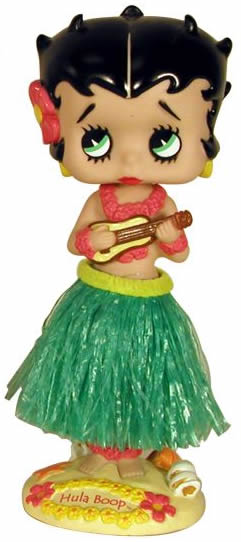When Sarah Vowell goes to Hawaii, you can bet its not to surf or get a tan. Indeed, over several research trips to the Aloha State, she spends most of her time doing interviews and poring through the archives to write Unfamiliar Fishes (Riverhead, $25.95), a history of colonial-era Hawaii. As in her Assassination Vacation and The Wordy Shipmates, Vowell doesnt pretend shes an academic or Ph.D. She can, and will, detour from her historical inquiry whenever she feels like it. If she sees something funny on TV, shell mention that. So, too, if she wants to get in digs at conservatives or evangelicals. And the latter, New England missionaries, launch Unfamiliar Fishes narrative in 1820, when they sail to civilize and Christianize the sun-baked, half-naked heathens of the Sandwich Islands. Bibles, clothing, disease, private property, sugar plantations, and a written version of the native language are soon introduced. The old customs and taboos rapidly collapse, and the islands incestuously related royal families are in swift declinethanks mainly to liquor and cashby the time of the 1898 Spanish-American War, which extended U.S. power across the Pacific. Vowell relates all this with her signature tone of droll disapproval. The missionaries are self-righteous prigs, and the royals cut down all the trees to sell for lumber. Still, in a very short, subjective account, Vowell lets certain facts speak for themselves. In the century between Captain Cooks arrival and U.S. annexation, she notes, the native Hawaiian population dropped by some 86 percent! Even the happy coda of President Obamas election cant change the sad tropical trajectory of Vowells tale. BRIAN MILLER
Mon., March 28, 7:30 p.m., 2011




